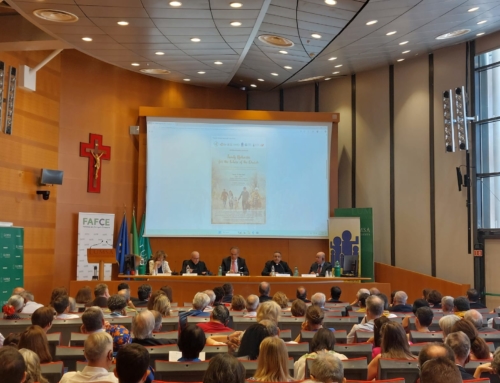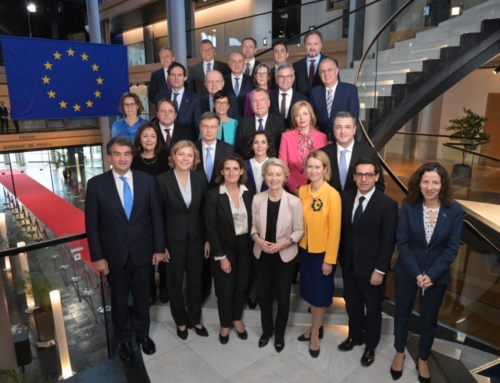During the upcoming plenary session of the Parliamentary Assembly of the Council of Europe, PACE, (4‐8 October), a report entitled ‘Women’s access to lawful medical care: the problem of unregulated use of lawful conscientious objection’, will be presented by Ms Christine McCafferty. The FAFCE draws attention to this text that presents several aspects that would undermine fundamental principles of a democratic society based on the rule of law and Human rights, in particular the freedom of conscience.
The report points to the necessity of restricting conscientious freedom; a right which is however guaranteed by the European Convention on Human Rights (art. 9). The argument used in favour of such a restriction is that regulations of conscientious objection in medical care are insufficient. Nevertheless, the rapporteur herself indicates that out of the 47 Members States, only 6 have no such regulations and that for 3 of those no problems related to this situation occur. Therefore this argument does not relate to the reality.
Furthermore, the regulation of conscientious objection in medical care depends on the national jurisdiction of the Member States and shall hence be addressed by the competent authorities within the states, in accordance with the principle of subsidiarity.
The Federation of Catholic Family Associations in Europe, FAFCE, member of the INGO Conference of the Council of Europe, is deeply attached to the values promoted by the latter and wishes to recall that the freedom of conscience is one of the foundations of Human Rights. The 11 million families throughout Europe, represented by the FAFCE, count on the commitment of the PACE Members to promote this freedom and also on their presence during the debate and the following vote on this report.







